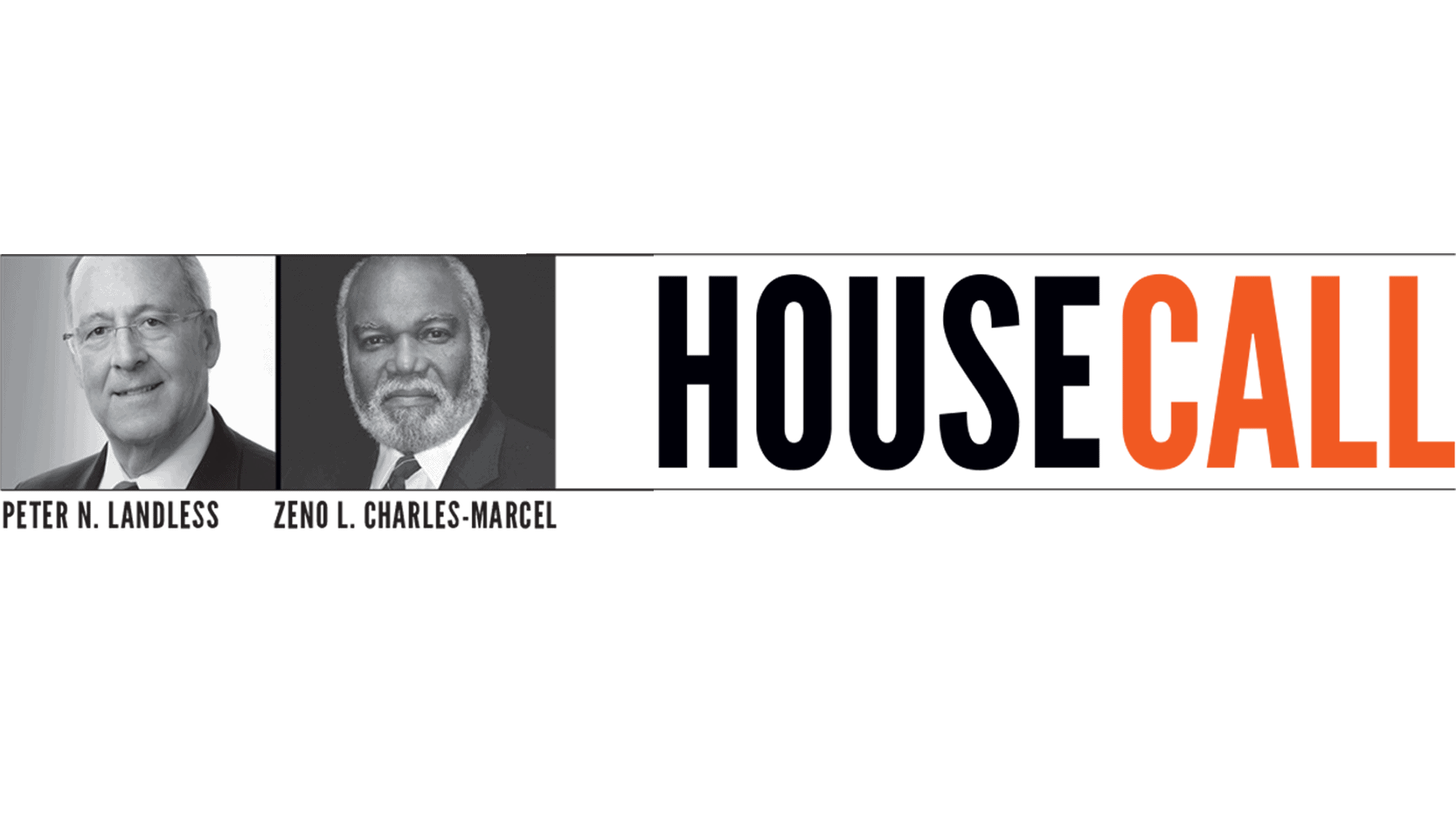
I’m 58, overweight, prediabetic, and going deaf. Loud music and loud machines have been my life. I saw on TV that hearing loss leads to Alzheimer’s disease and I’m scared, but I’m also a realistic guy. What practical advice can you share?
We’re sorry to hear about your situation and think that it’s understandable for you to feel apprehensive about the challenges that lie ahead. Yet there is hope for you and your loved ones, who may also be concerned about your well-being. First, losing your hearing does not necessarily mean you will develop Alzheimer’s disease, but be aware that diabetes increases your risk of both hearing loss and dementia. There is a correlation between hearing loss and increased risk of cognitive decline and dementia, and similarly there is a correlation between elevated blood sugar levels and hearing loss, but correlations don’t mean cause and effect. Nevertheless, there is no treatment currently available to reverse noise-related damage completely, but you may be able to reduce the risk of further damage and maintain or improve your overall health. Hearing loss risk is gender-neutral, but studies show that young males are more likely than other people to engage in high-risk noise activities. You seem to fit the statistics.
Here’s what we suggest that may help you navigate hearing loss and alleviate dementia anxiety:
■ Health and hearing checkups with qualified physicians and audiologists are a must! If they prescribe hearing aids, wearing them correlates with longer life!*
■ Protect your remaining hearing. Normalize your blood sugars, wear earplugs (earmuffs) in noisy environments, limit exposure to loud sounds, and choose volume-limiting settings on personal audio devices.
■ Make healthy choices. Prioritize regular exercise, manage your stress, maintain a balanced diet, avoid smoking, and get consistent, adequate, restful sleep. These support your health and may reduce your dementia risk. (Consider enrolling in a diabetes reversal program online or at an Adventist hospital or lifestyle center.)
■ Stay informed about advances in research and technologies and educate yourself about preventative strategies and available treatment options.
■ Seek support and connection. Surround yourself with family, friends, church family, health-care professionals, and support groups that can encourage, guide, and assist you.
■ Draw further encouragement from God’s promises. Isaiah 41:10 (God is with you, strengthening and upholding you in times of fear and uncertainty) and Psalm 23:4 (even in the darkest valleys God is present, guiding and comforting you) are two excellent examples.
You may do well to allow God to use your experiences to minister to others, raise awareness, and advocate for accessibility and inclusion. Consider sharing your story with young people; let them know that globally about 1 billion teens have some degree of noise-induced hearing loss owing primarily to high headphone volume and high-noise recreational activities. The prospect of hearing loss and potential dementia may be daunting, but there is hope for a fulfilling and vibrant life, regardless of hearing challenges.
* Lancet Healthy Longevity 5, no. 1 (January 2024): e66-e75.